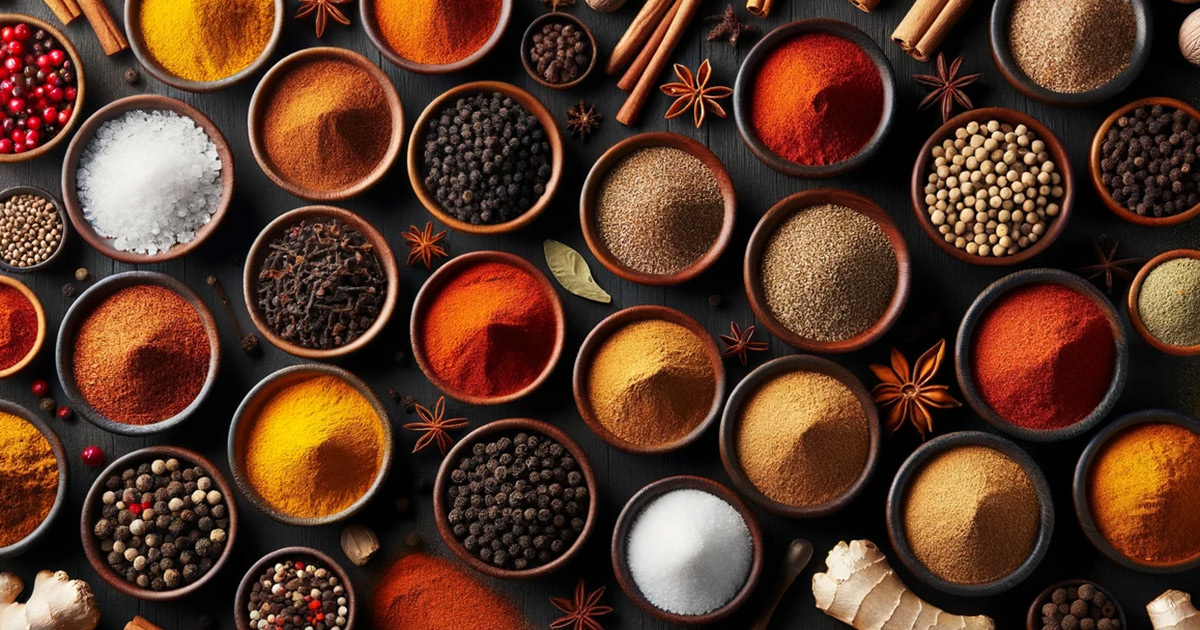
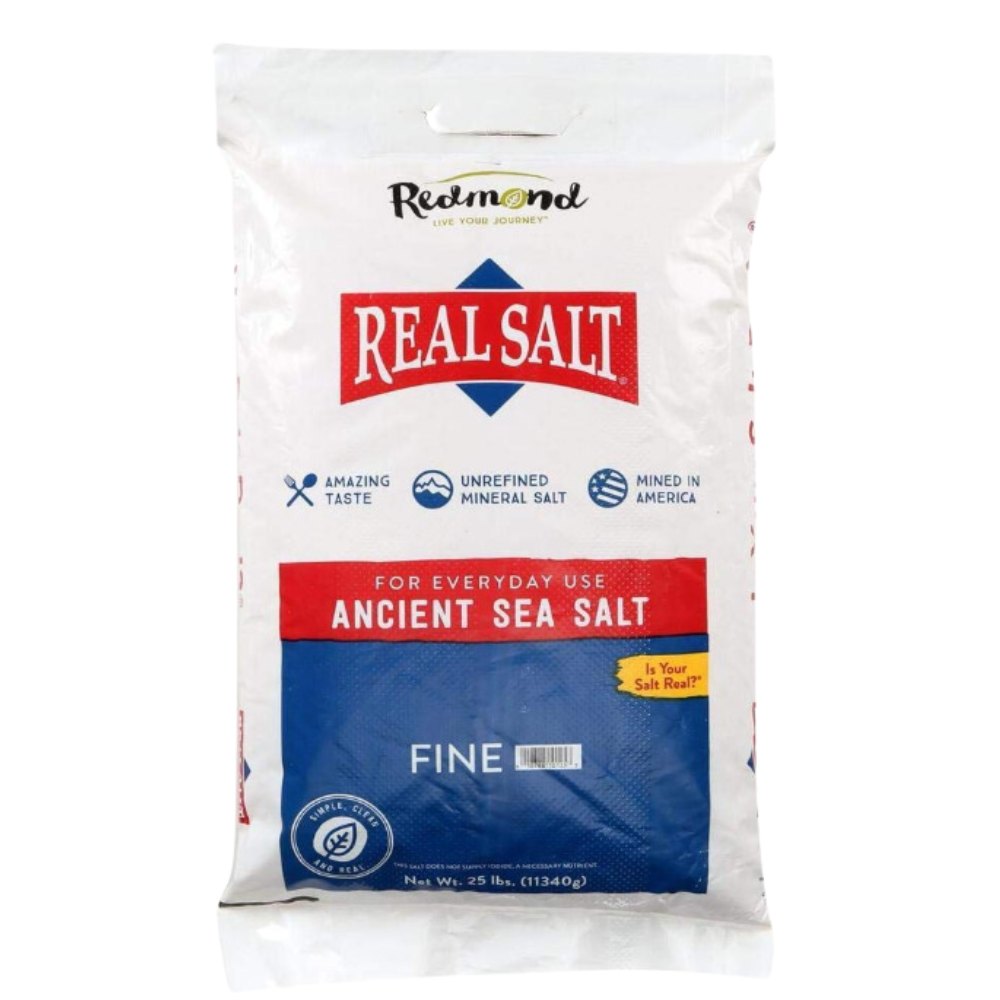
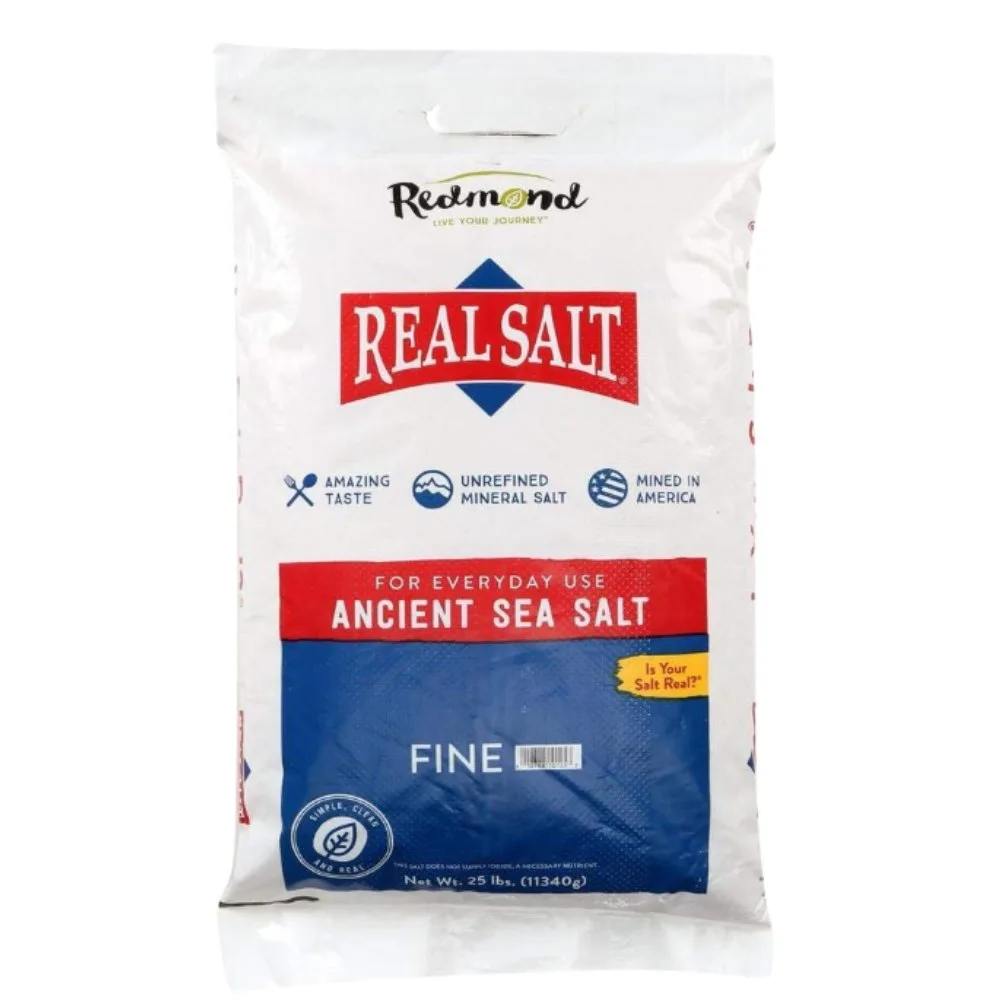
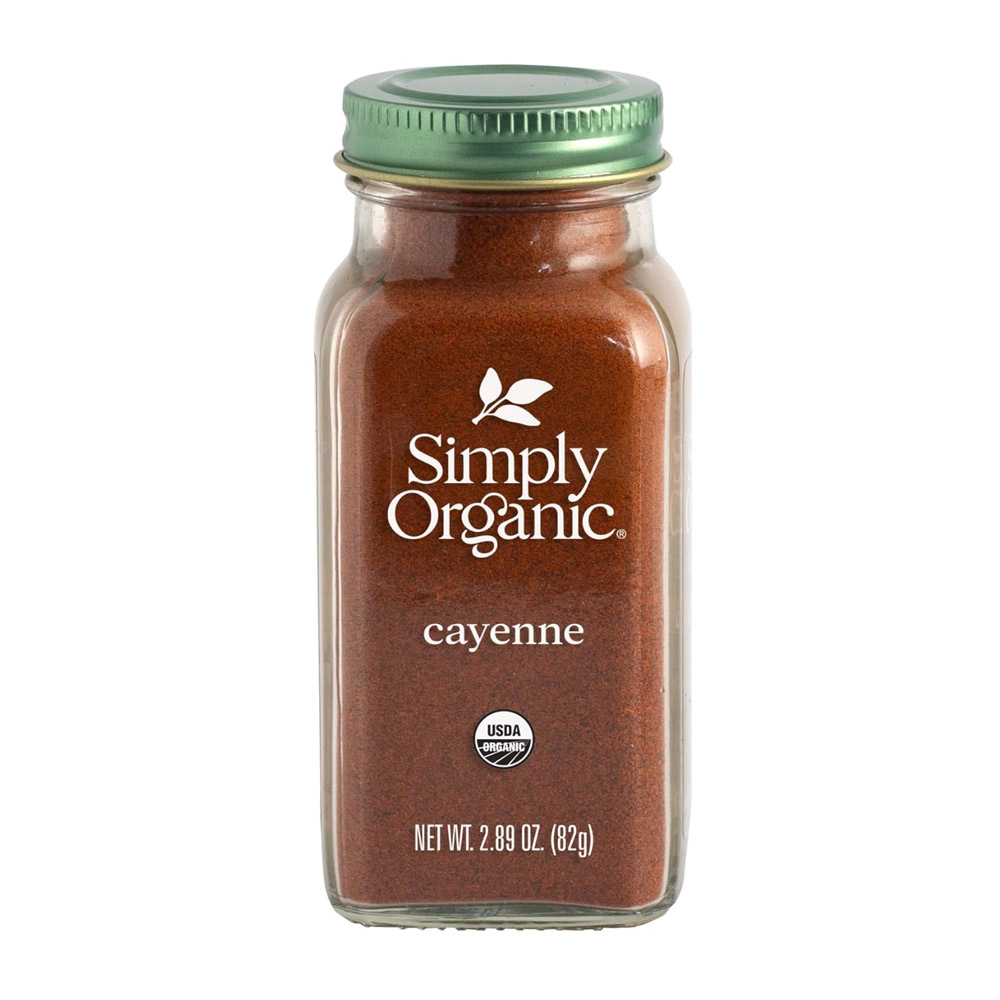
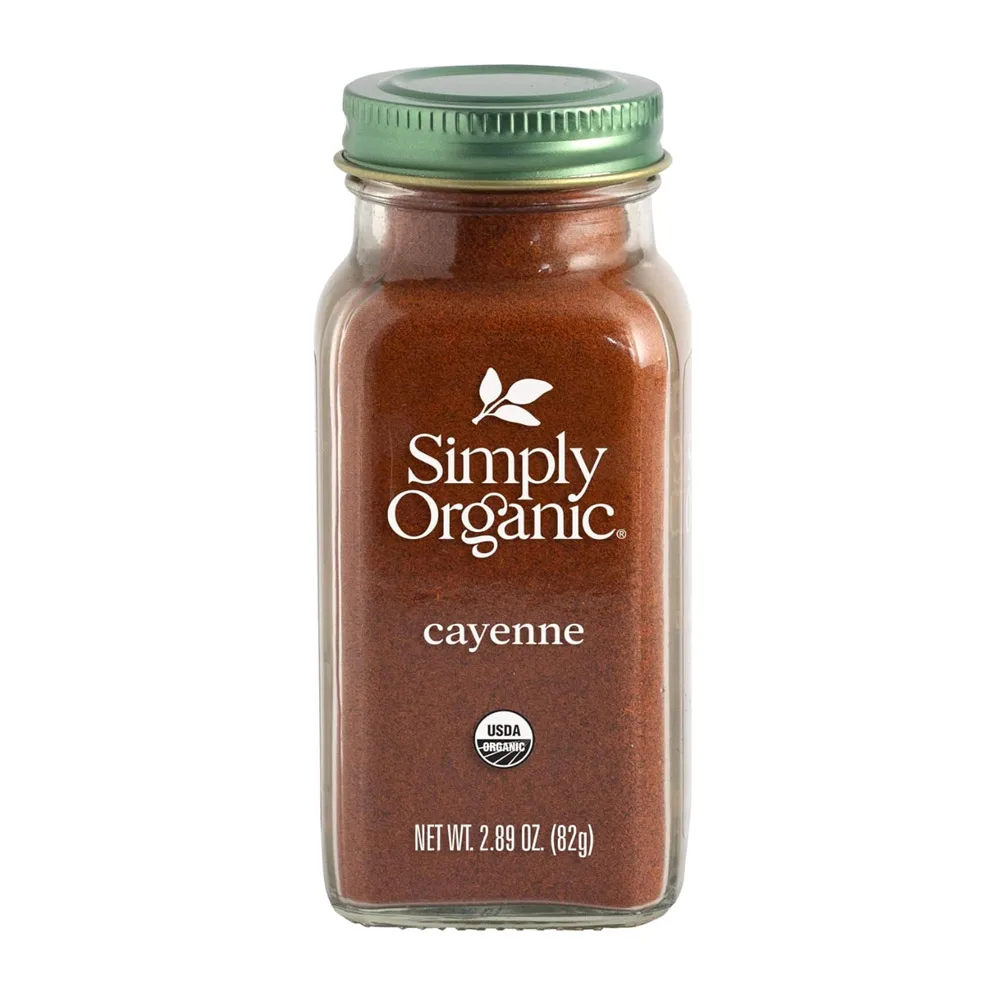
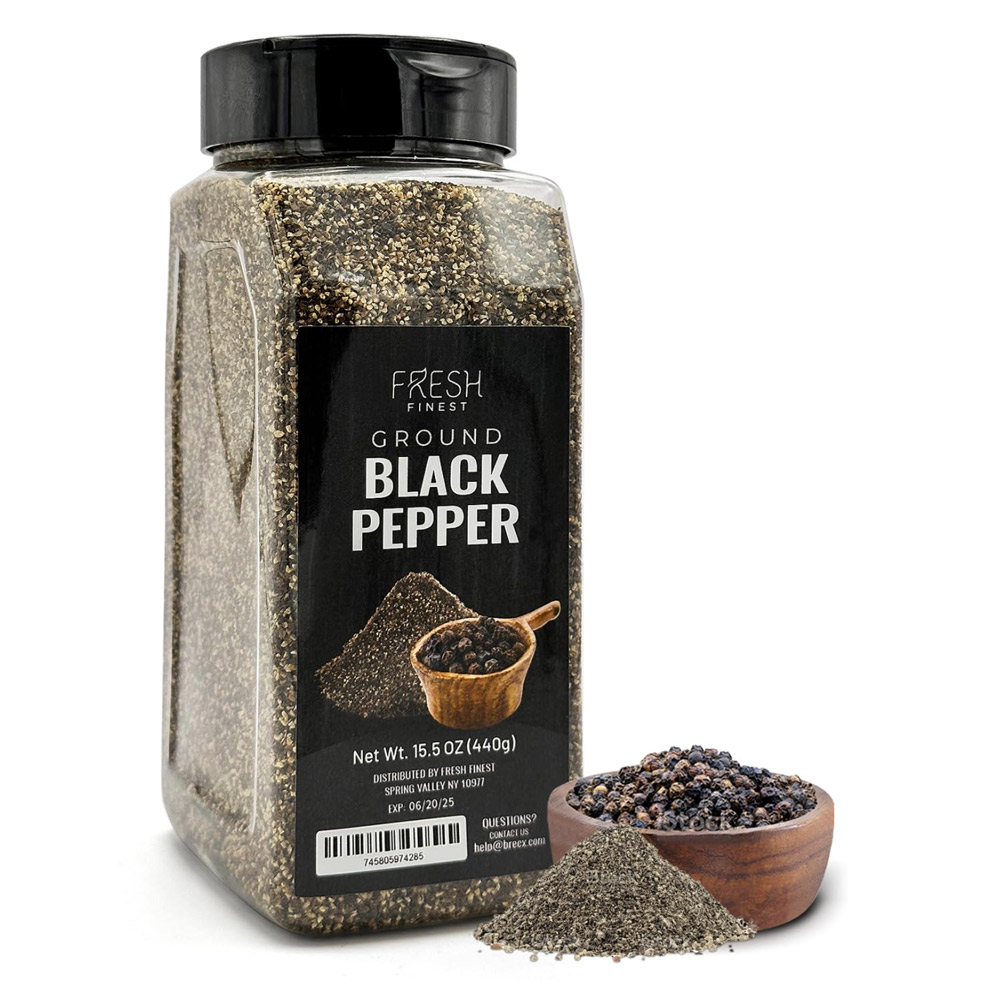
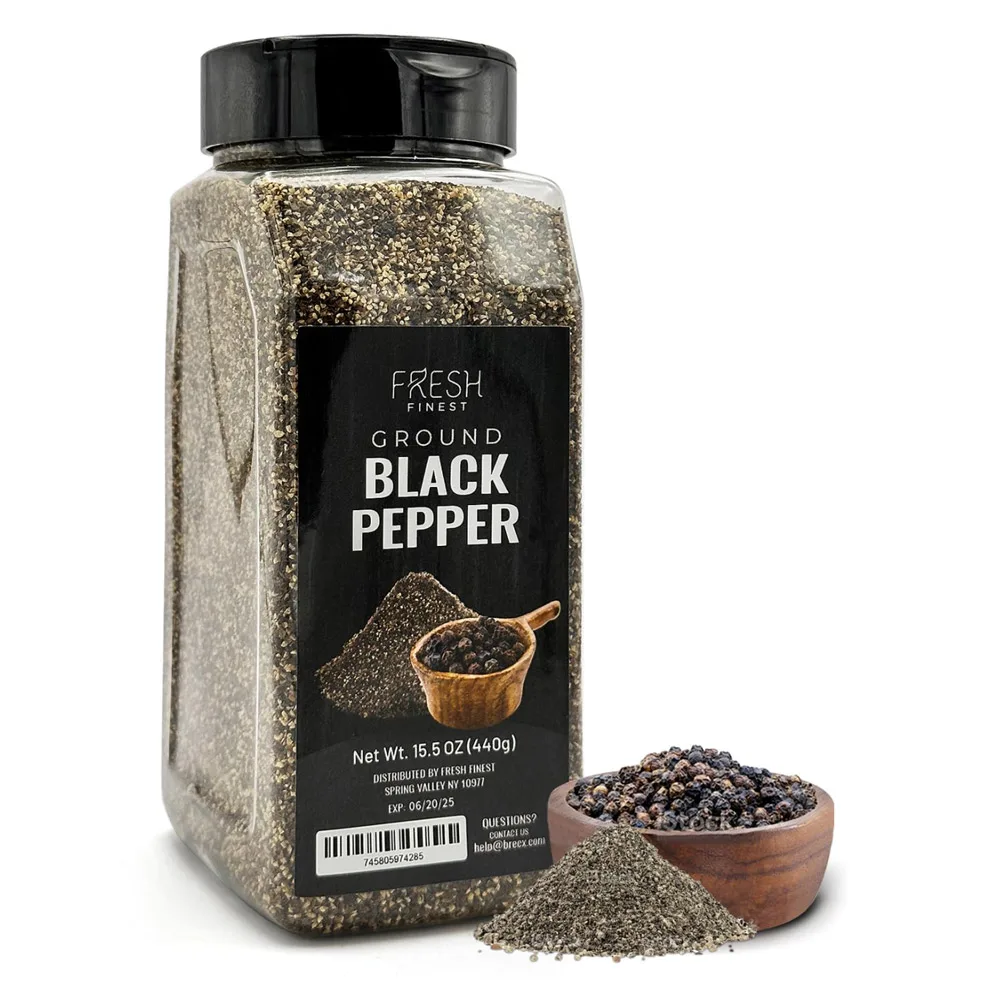

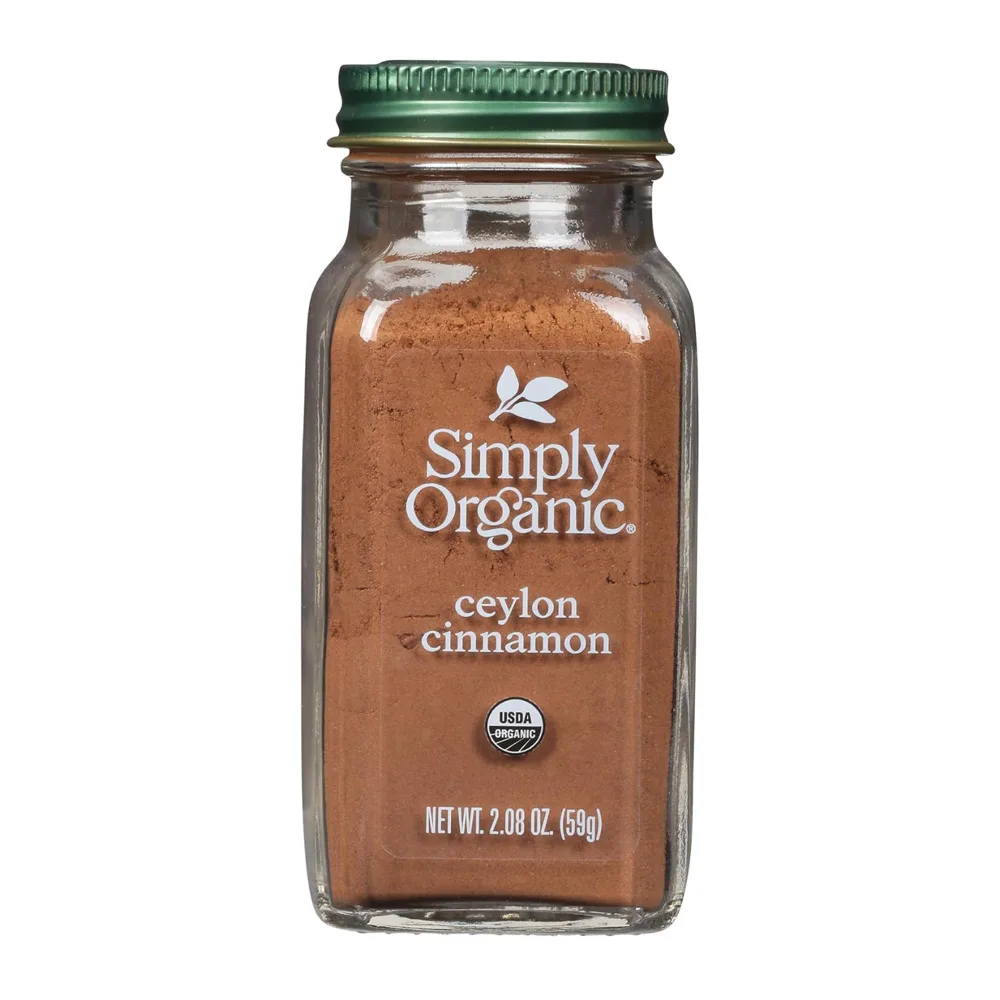

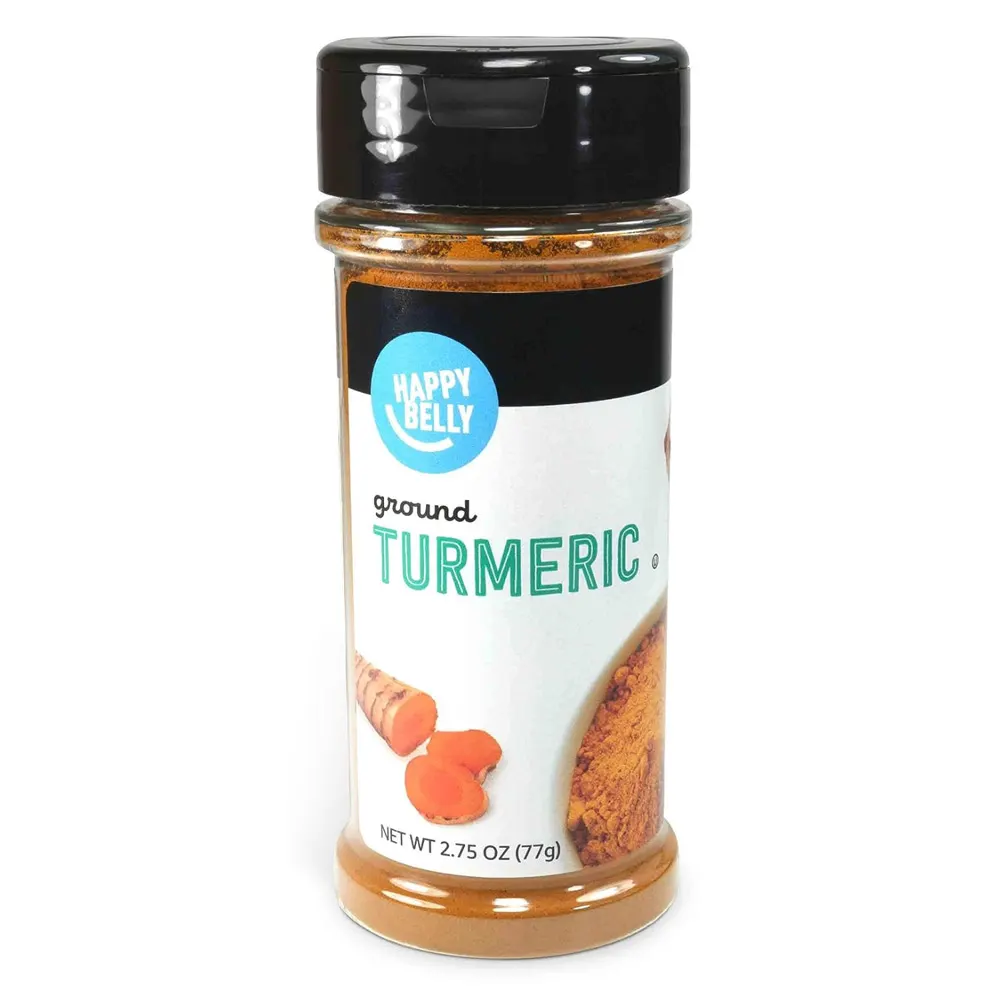
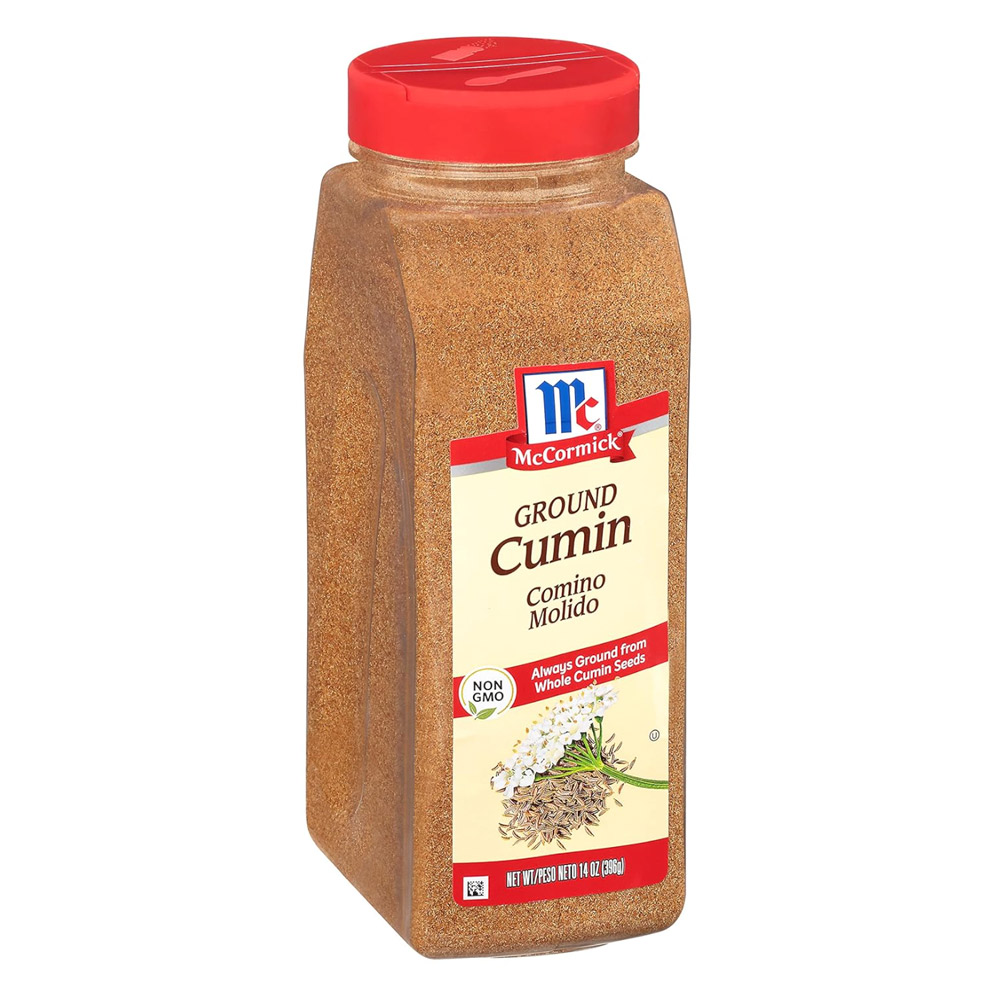
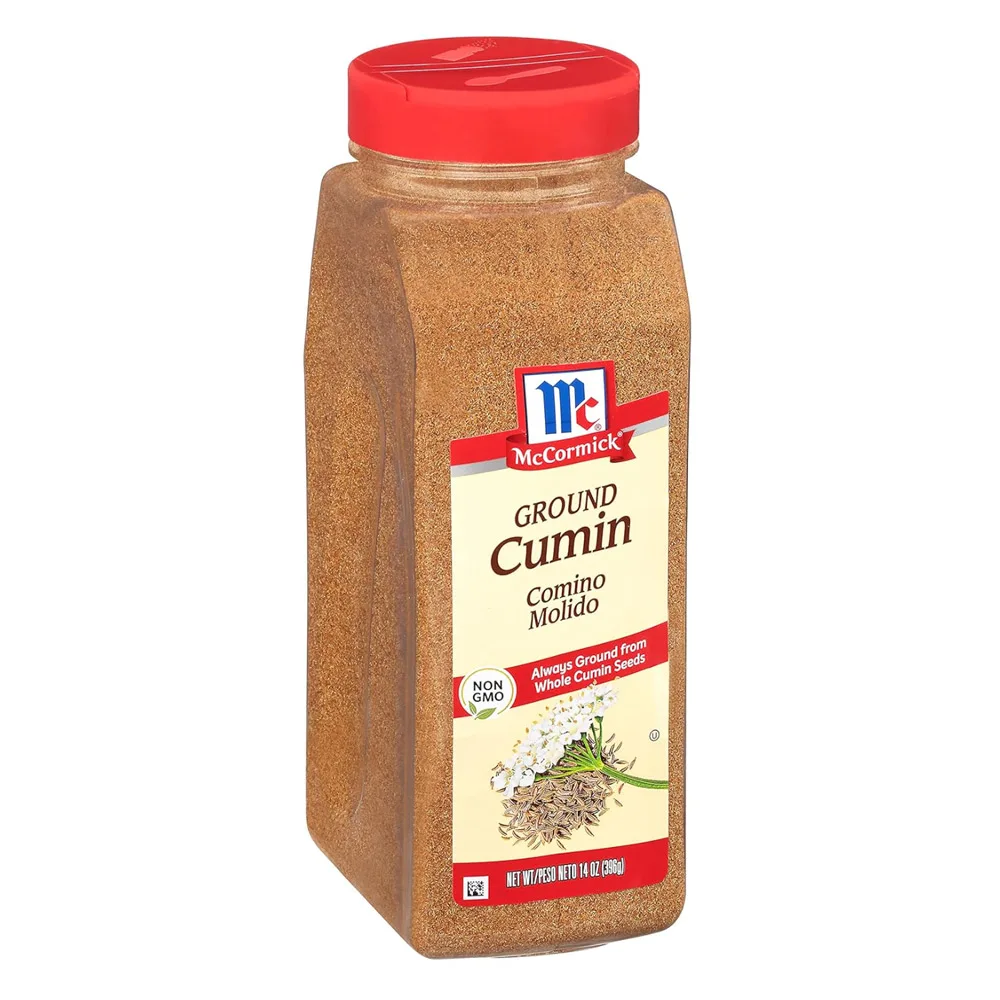

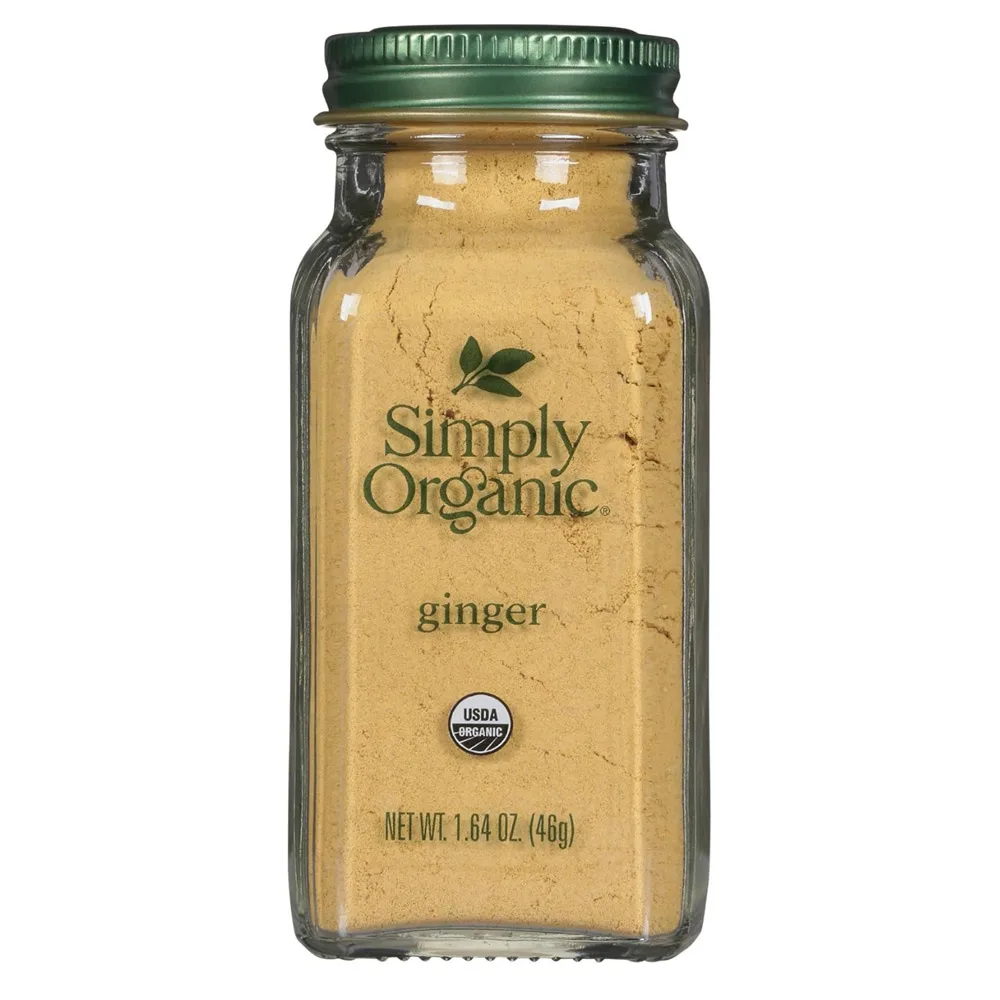
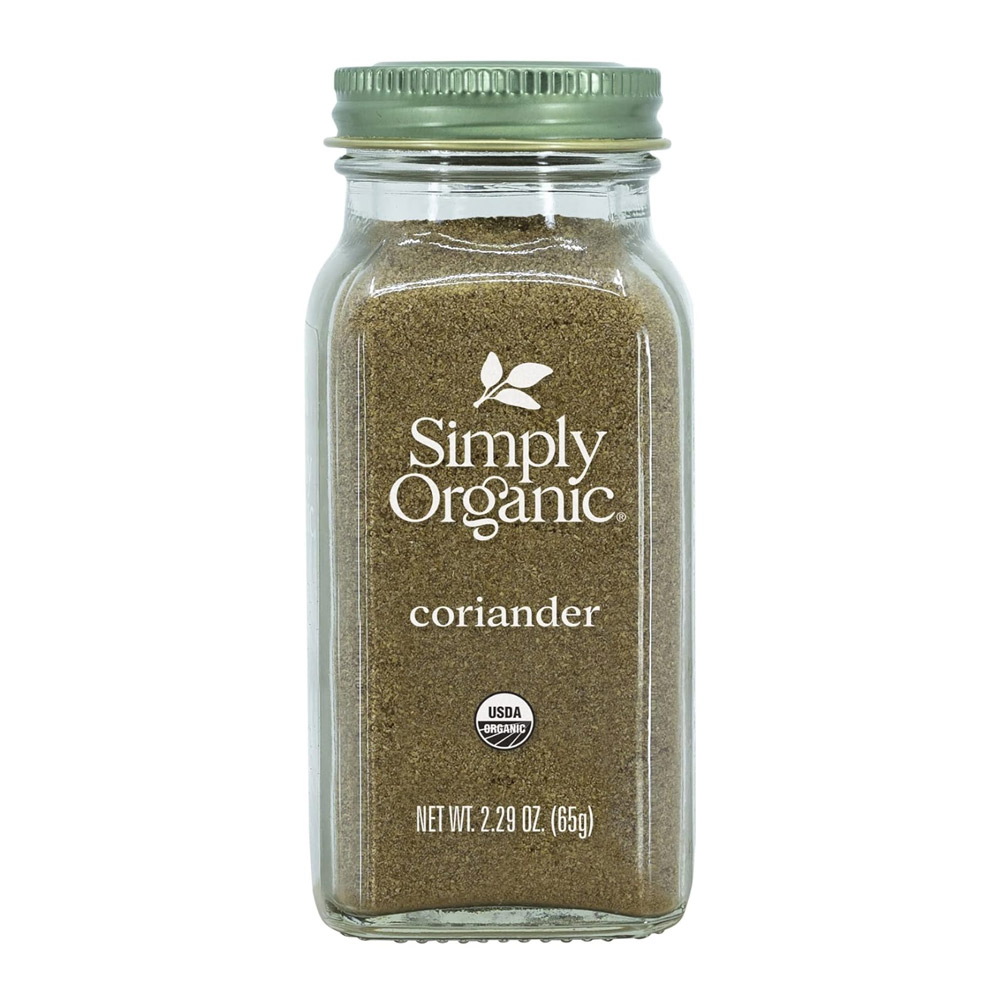
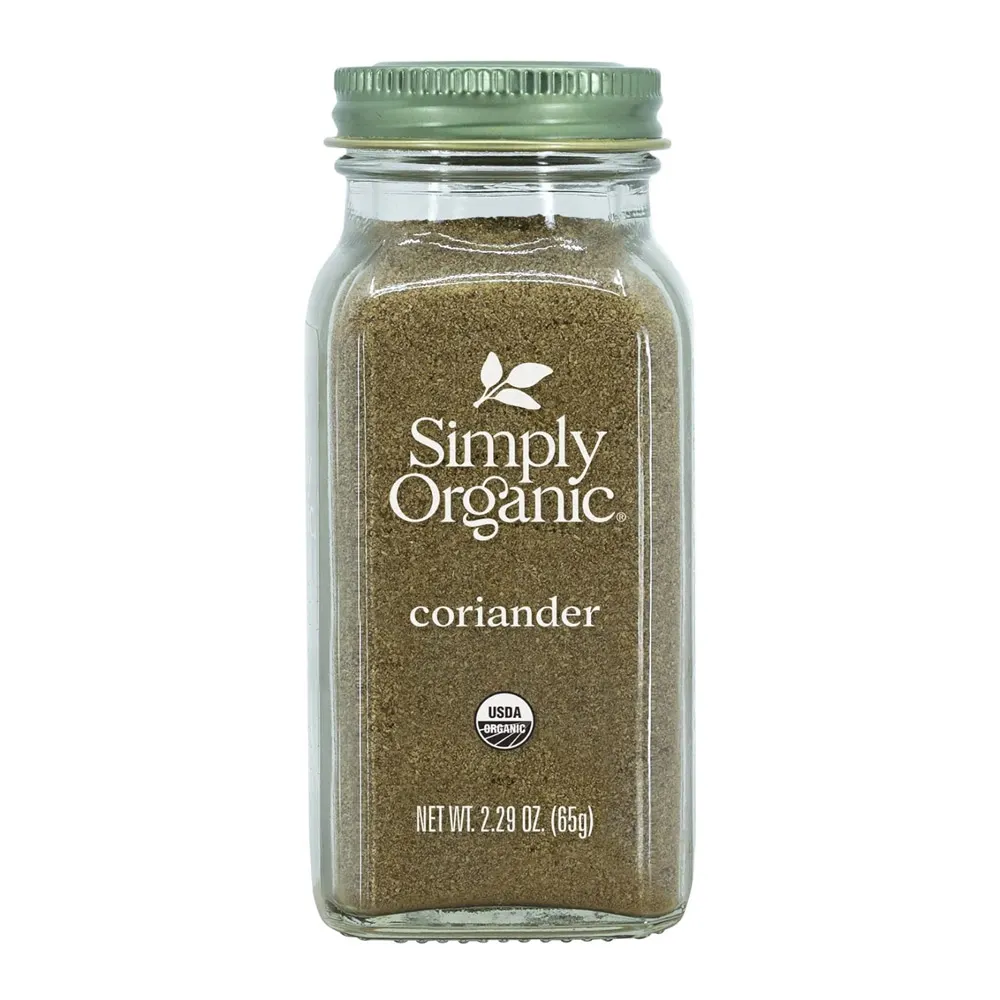
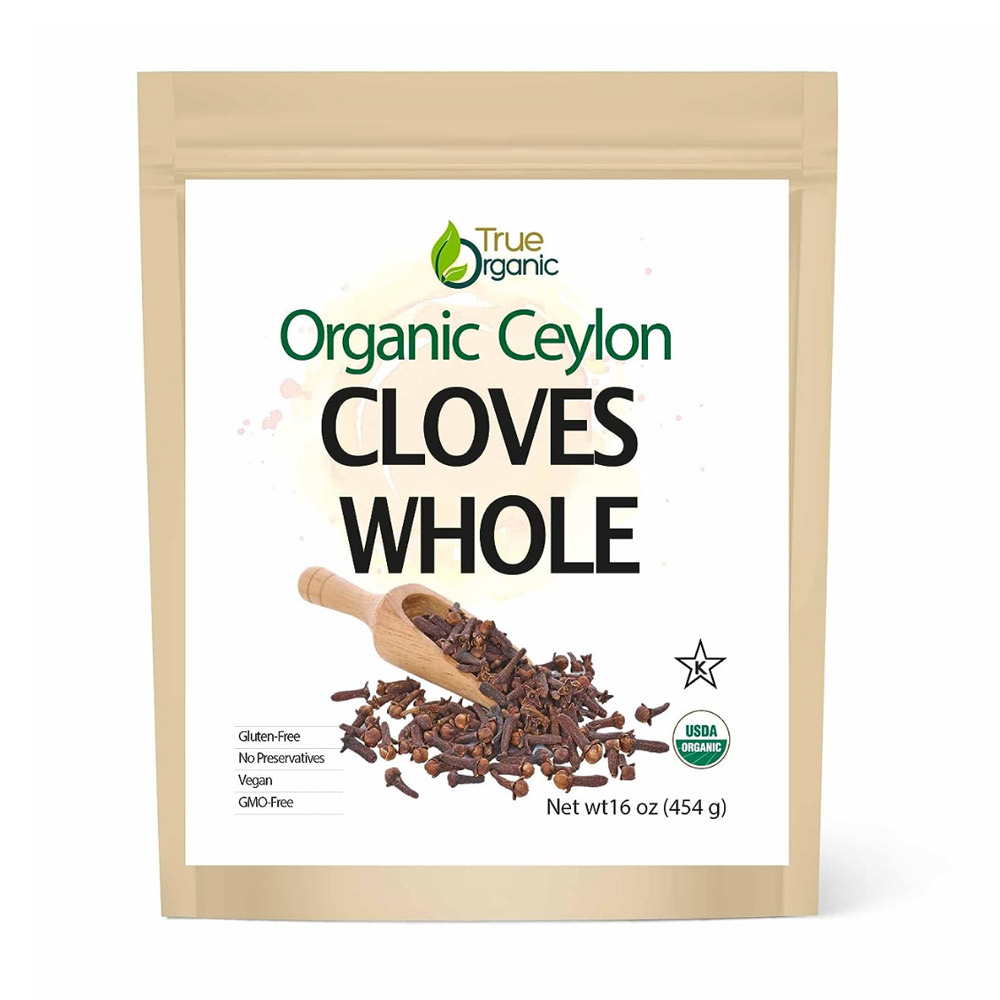


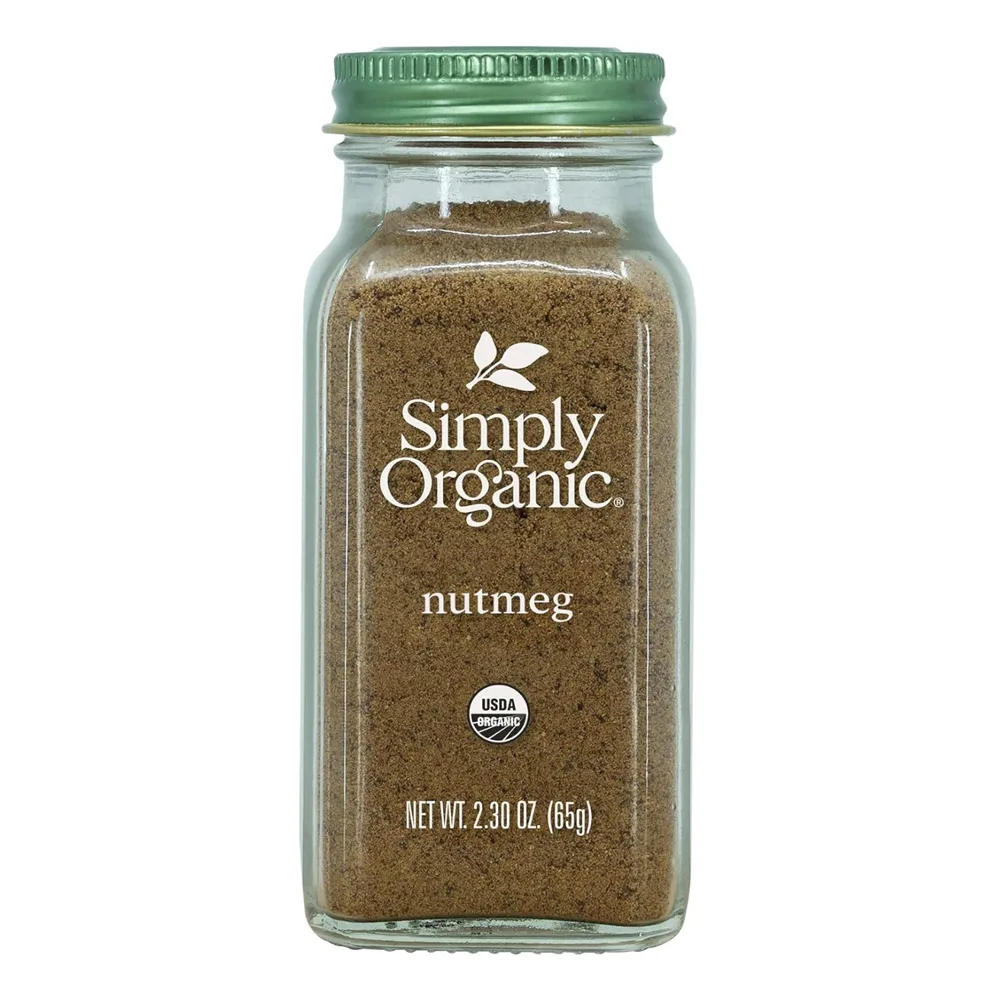
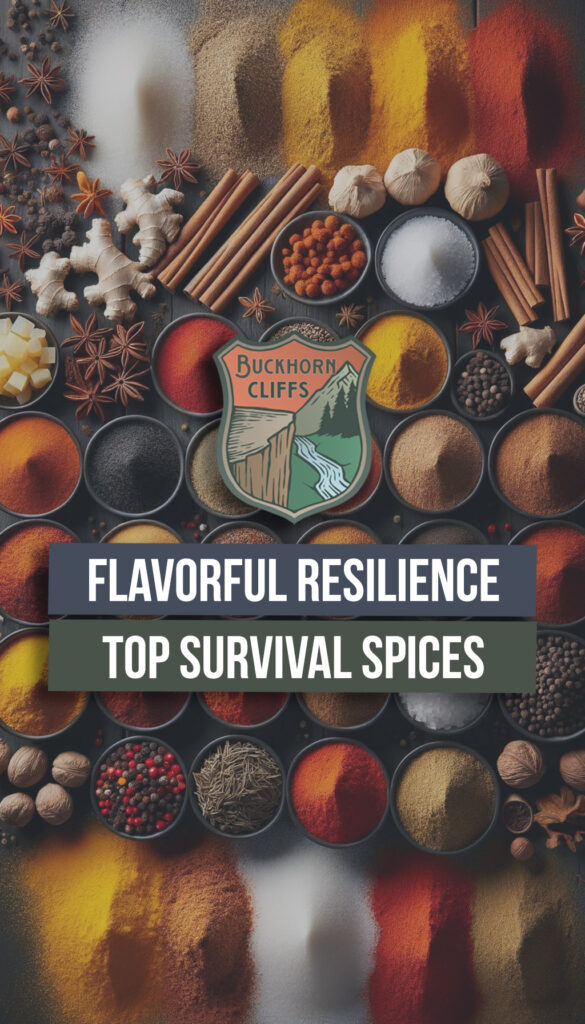

As part of a proactive survival strategy, it’s essential to consider not only the practical skills, supplies, and plans needed to weather emergencies and disasters but also the often-overlooked elements that can make a significant difference in your resilience. One such aspect is the strategic stockpiling of essential spices. These culinary options not only enhance the flavor of emergency rations but also offer medicinal properties. Here, we delve into 10 indispensable spices to keep on hand for your family’s self-reliance during challenging times.
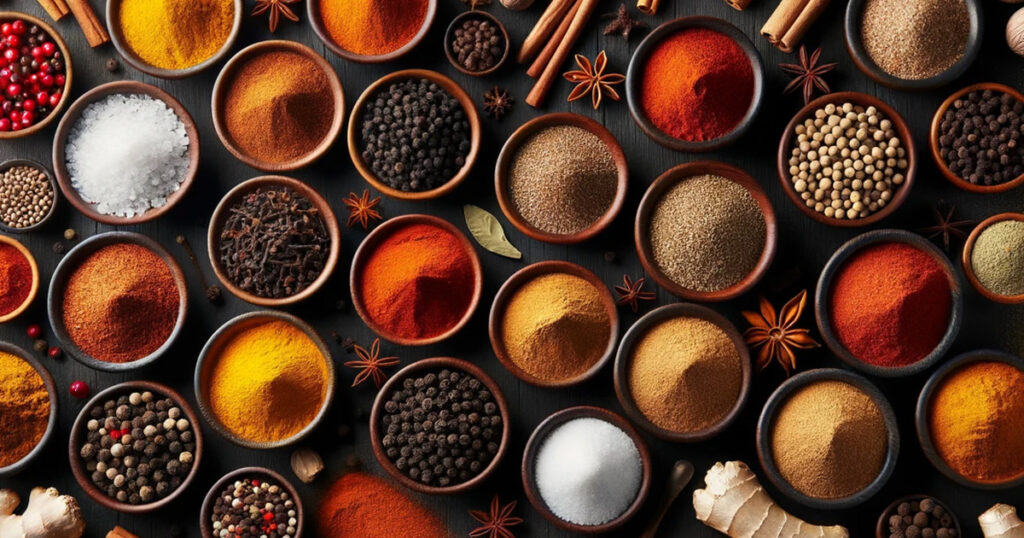

- Salt:
- Flavor Profile: Purely salty taste, enhances and balances flavors in dishes. Is a mineral.
- Shelf Life: Indefinite if stored properly in a cool, dry place. Does not lose potency or flavor over time.
- Cayenne Pepper:
- Flavor Profile: Fiery and pungent with a moderate to high level of heat.
- Shelf Life: 2-3 years. May start to lose potency after 2 years and significantly diminish flavor after 3 years.
- Black Pepper:
- Flavor Profile: Pungent and mildly spicy with a complex flavor profile.
- Shelf Life: 2-3 years. May start to lose potency after 2 years and significantly diminish flavor after 3 years.
- Cinnamon:
- Flavor Profile: Warm and sweet with aromatic notes, often used in both sweet and savory dishes.
- Shelf Life: 2-3 years. May start to lose potency after 2 years and significantly diminish flavor after 3 years.
- Turmeric:
- Flavor Profile: Earthy and slightly bitter with a warm, peppery aroma.
- Shelf Life: 2-3 years. May start to lose potency after 2 years and significantly diminish flavor after 3 years.
- Cumin:
- Flavor Profile: Warm and nutty with a slightly bitter undertone, adds depth to dishes.
- Shelf Life: 2-3 years. May start to lose potency after 2 years and significantly diminish flavor after 3 years.
- Ginger:
- Flavor Profile: Spicy and aromatic with a slightly sweet and pungent flavor.
- Shelf Life: 1-2 years. May start to lose potency after 1 year and significantly diminish flavor after 2 years.
- Coriander:
- Flavor Profile: Citrusy and slightly sweet with a warm, aromatic flavor.
- Shelf Life: 2-3 years. May start to lose potency after 2 years and significantly diminish flavor after 3 years.
- Cloves:
- Flavor Profile: Warm and sweet with a strong, aromatic flavor, often used in baking and spiced dishes.
- Shelf Life: 4-5 years. May start to lose potency after 4 years and significantly diminish flavor after 5 years.
- Nutmeg:
- Flavor Profile: Warm and nutty with a slightly sweet and spicy flavor, commonly used in baking and savory dishes.
- Shelf Life: 4-5 years. May start to lose potency after 4 years and significantly diminish flavor after 5 years.
Salt
Salt, chemically known as sodium chloride (NaCl), is an essential mineral compound composed of sodium and chloride ions. It plays a role in various biological processes, including nerve transmission, muscle contraction, and fluid balance. In culinary applications, salt is used not only to enhance flavor but also to preserve food and regulate fermentation processes. Additionally, salt is employed as a seasoning agent in cooking and baking, where it contributes to the development of complex flavor profiles and textural characteristics.
- Enhances Flavor: Salt interacts with taste receptors on the tongue, enhancing the perception of other flavors in food and providing a satisfying taste experience.
- Preserves Food: Salt draws out moisture from food through osmosis, creating an inhospitable environment for bacteria and other microorganisms, thus preserving the food and extending its shelf life.
- Balances Sweetness: Salt can counteract excessive sweetness in dishes, creating a more balanced flavor profile by reducing the perception of sweetness on the palate.
- Seasoning Agent: Salt is a fundamental seasoning agent in cooking and baking, used to add depth, complexity, and balance to dishes.
- Essential Nutrient: Sodium and chloride, the components of salt, are essential electrolytes that play vital roles in maintaining fluid balance, nerve function, and muscle contraction in the body.
- Controls Fermentation: Salt regulates the fermentation process in foods such as sauerkraut, pickles, and kimchi, inhibiting the growth of harmful bacteria while promoting the growth of beneficial microorganisms.
- Enhances Food Texture: Salt contributes to the texture of food by strengthening gluten in bread dough, tenderizing meat, and adding crunchiness to snacks like pretzels and chips.
- Improves Food Safety: Salt acts as a natural preservative, reducing the risk of foodborne illness by inhibiting the growth of pathogenic bacteria, molds, and yeasts.
- Enhances Food Appearance: Salt can enhance the appearance of food by promoting browning during cooking and adding visual interest with coarse or flavored varieties.
- Enhances Food Shelf Life: By preserving food and inhibiting spoilage, salt extends the shelf life of perishable items, reducing food waste and ensuring a stable food supply.
Cayenne Pepper
Cayenne pepper, scientifically known as Capsicum annuum, is a spicy chili pepper belonging to the Capsicum genus. It contains a potent compound called capsaicin, which gives it its characteristic heat. Cayenne pepper is widely used in culinary and medicinal applications due to its intense flavor and various health benefits.
- Enhances Flavor: Cayenne pepper adds a fiery kick and depth of flavor to dishes, enhancing the overall taste experience.
- Boosts Metabolism: Capsaicin in cayenne pepper has thermogenic properties, increasing metabolism and aiding in weight management.
- Pain Relief: Capsaicin acts as a natural pain reliever by desensitizing nerve receptors, making it effective in alleviating arthritis, muscle pain, and neuropathic pain.
- Promotes Digestive Health: Cayenne pepper stimulates digestion by increasing saliva production and promoting gastric motility, aiding in nutrient absorption and relieving indigestion.
- Cardiovascular Health: Capsaicin may help lower blood pressure and improve heart health by reducing cholesterol levels, triglycerides, and platelet aggregation.
- Anti-inflammatory Properties: Cayenne pepper exhibits anti-inflammatory effects, reducing inflammation and swelling associated with conditions like arthritis and inflammatory bowel disease.
- Antioxidant Activity: Capsaicin and other compounds in cayenne pepper possess antioxidant properties, scavenging free radicals and protecting cells from oxidative damage.
- Supports Detoxification: Cayenne pepper stimulates circulation and sweating, promoting detoxification and cleansing of the body.
- Respiratory Health: Cayenne pepper acts as a natural expectorant, helping to clear congestion, relieve coughs, and improve respiratory function.
- Improves Circulation: Capsaicin in cayenne pepper enhances blood flow and circulation, promoting cardiovascular health and reducing the risk of blood clots.
Black Pepper
Black pepper, scientifically known as Piper nigrum, is a widely used spice derived from the dried berries of the pepper plant. It is one of the most popular and versatile spices, valued for its distinct flavor and numerous health benefits.
- Enhances Flavor: Black pepper has a pungent and mildly spicy flavor profile that adds depth and complexity to a wide range of dishes.
- Digestive Aid: Piperine, the active compound in black pepper, stimulates the production of digestive enzymes, promoting efficient digestion and nutrient absorption.
- Anti-inflammatory Properties: Piperine exhibits anti-inflammatory effects, reducing inflammation and providing relief from conditions such as arthritis and joint pain.
- Antioxidant Activity: Black pepper contains antioxidants that scavenge harmful free radicals, protecting cells from oxidative damage and lowering the risk of chronic diseases.
- Respiratory Health: Black pepper has expectorant properties, helping to loosen mucus and alleviate symptoms of respiratory conditions like coughs and congestion.
- Cardiovascular Health: Black pepper may help lower blood pressure and cholesterol levels, reducing the risk of heart disease and stroke.
- Immune Support: The antioxidant and anti-inflammatory properties of black pepper can support overall immune function, helping the body fend off infections and diseases.
Cinnamon
Cinnamon, derived from the inner bark of several tree species from the genus Cinnamomum, is a beloved spice known for its warm and sweet flavor profile. In addition to its culinary uses, cinnamon offers various health benefits that can be advantageous in survival and homesteading situations.
- Enhances Flavor: Cinnamon adds a warm and sweet flavor to both sweet and savory dishes, enhancing their taste and aroma.
- Digestive Aid: Cinnamon can aid digestion by stimulating the production of digestive enzymes and reducing gastrointestinal discomfort.
- Blood Sugar Regulation: Cinnamon may help regulate blood sugar levels by improving insulin sensitivity and reducing insulin resistance, which can be beneficial for individuals with diabetes or those managing their blood sugar levels.
- Antioxidant Properties: Cinnamon is rich in antioxidants, which help combat oxidative stress and inflammation, supporting overall health and well-being.
- Anti-inflammatory Effects: Cinnamon contains compounds with anti-inflammatory properties, which may help alleviate inflammation and associated symptoms, such as pain and swelling.
- Antimicrobial Activity: Cinnamon possesses antimicrobial properties that can help inhibit the growth of bacteria, fungi, and viruses, potentially reducing the risk of infections.
- Heart Health: Cinnamon may support heart health by improving circulation, lowering blood pressure, and reducing cholesterol levels, which are essential factors in maintaining cardiovascular well-being.
- Immune Support: The antioxidant and antimicrobial properties of cinnamon can support the immune system, helping to ward off infections and illnesses.
Turmeric
Turmeric, scientifically known as Curcuma longa, is a bright yellow-orange spice derived from the rhizomes of the turmeric plant. It is prized for its earthy flavor and vibrant color, as well as its potential health benefits that can be particularly useful in survival and homesteading scenarios.
- Enhances Flavor: Turmeric adds an earthy and slightly bitter flavor to dishes, complementing other spices and ingredients in various culinary preparations.
- Anti-inflammatory Properties: Curcumin, the active compound in turmeric, exhibits potent anti-inflammatory effects, which can help alleviate inflammation and associated symptoms, such as pain and swelling.
- Antioxidant Activity: Turmeric contains antioxidants that scavenge harmful free radicals, protecting cells from oxidative damage and reducing the risk of chronic diseases.
- Immune Support: The anti-inflammatory and antioxidant properties of turmeric can support the immune system, helping the body fend off infections and diseases.
- Digestive Health: Turmeric may promote digestive health by stimulating bile production, reducing bloating and gas, and alleviating symptoms of indigestion.
- Joint Health: Turmeric can support joint health by reducing inflammation and pain associated with conditions like arthritis and rheumatism.
- Wound Healing: Turmeric has been traditionally used topically to aid in wound healing, thanks to its antimicrobial and anti-inflammatory properties.
- Brain Health: Curcumin may support brain health by promoting neurogenesis, reducing oxidative stress, and improving cognitive function and memory.
- Skin Health: Turmeric can improve skin health by reducing inflammation, fighting acne-causing bacteria, and promoting a healthy complexion.
Cumin
Cumin, scientifically known as Cuminum cyminum, is a versatile spice with a distinctive warm and nutty flavor. It is widely used in various cuisines around the world and offers several potential health benefits that can be advantageous in survival and homesteading contexts.
- Enhances Flavor: Cumin adds a warm and earthy flavor to dishes, enhancing their taste and aroma.
- Digestive Aid: Cumin can aid digestion by stimulating the production of digestive enzymes and reducing gastrointestinal discomfort, bloating, and gas.
- Antioxidant Properties: Cumin contains antioxidants that help combat oxidative stress and inflammation, supporting overall health and well-being.
- Anti-inflammatory Effects: Cumin possesses anti-inflammatory properties, which may help alleviate inflammation and associated symptoms, such as joint pain and swelling.
- Immune Support: The antioxidant and anti-inflammatory properties of cumin can support the immune system, helping the body fight off infections and diseases.
- Heart Health: Cumin may support heart health by lowering cholesterol levels, reducing blood pressure, and improving blood sugar control.
- Respiratory Health: Cumin has expectorant properties, helping to loosen mucus and alleviate symptoms of respiratory conditions like coughs and congestion.
- Anti-microbial Activity: Cumin exhibits antimicrobial properties that can help inhibit the growth of bacteria and fungi, potentially reducing the risk of infections.
- Bone Health: Cumin contains minerals like calcium and magnesium, which are essential for maintaining strong and healthy bones.
- Weight Management: Some research suggests that cumin may help with weight loss by increasing metabolism and reducing appetite, although more studies are needed to confirm these effects.
Ginger
Ginger, scientifically known as Zingiber officinale, is a pungent and aromatic spice with a long history of culinary and medicinal use. It offers a range of potential health benefits that can be particularly valuable in survival and homesteading situations.
- Enhances Flavor: Ginger adds a spicy and slightly sweet flavor to dishes, enhancing their taste and aroma.
- Digestive Aid: Ginger can aid digestion by stimulating the production of digestive enzymes, reducing gastrointestinal discomfort, and alleviating symptoms of nausea and vomiting.
- Anti-inflammatory Properties: Ginger contains bioactive compounds like gingerol and zingerone, which exhibit potent anti-inflammatory effects, helping to reduce inflammation and associated pain.
- Antioxidant Activity: Ginger is rich in antioxidants that help combat oxidative stress and inflammation, supporting overall health and well-being.
- Immune Support: The anti-inflammatory and antioxidant properties of ginger can support the immune system, helping the body fight off infections and diseases.
- Nausea Relief: Ginger has been used for centuries to relieve nausea and vomiting associated with motion sickness, morning sickness, and chemotherapy.
- Pain Management: Ginger may help alleviate various types of pain, including menstrual cramps, headaches, and muscle soreness, thanks to its anti-inflammatory and analgesic properties.
- Respiratory Health: Ginger has expectorant properties, helping to loosen mucus and alleviate symptoms of respiratory conditions like coughs and congestion.
- Anti-microbial Activity: Ginger exhibits antimicrobial properties that can help inhibit the growth of bacteria and fungi, potentially reducing the risk of infections.
- Stress Reduction: Some research suggests that ginger may help reduce stress and anxiety levels by modulating neurotransmitter activity in the brain.
Coriander
Coriander, also known as cilantro or Chinese parsley, is a versatile herb with a fresh and citrusy flavor. Both its seeds and leaves are used in cooking and offer various potential health benefits that can be advantageous in survival and homesteading contexts.
- Enhances Flavor: Coriander adds a bright and citrusy flavor to dishes, enhancing their taste and aroma.
- Digestive Aid: Coriander seeds can aid digestion by promoting the production of digestive enzymes, reducing bloating, gas, and indigestion.
- Antioxidant Properties: Coriander contains antioxidants that help combat oxidative stress and inflammation, supporting overall health and well-being.
- Anti-inflammatory Effects: Coriander seeds possess anti-inflammatory properties, which may help alleviate inflammation and associated symptoms, such as joint pain and swelling.
- Immune Support: The antioxidant and anti-inflammatory properties of coriander can support the immune system, helping the body fight off infections and diseases.
- Cholesterol Regulation: Coriander seeds may help regulate cholesterol levels by increasing HDL (good) cholesterol and reducing LDL (bad) cholesterol.
- Blood Sugar Control: Coriander seeds may help stabilize blood sugar levels by improving insulin sensitivity and reducing insulin resistance.
- Detoxification: Coriander contains compounds that support detoxification processes in the body, helping to eliminate toxins and waste products.
- Anti-microbial Activity: Coriander seeds exhibit antimicrobial properties that can help inhibit the growth of bacteria and fungi, potentially reducing the risk of infections.
- Skin Health: Coriander seeds may promote skin health by reducing inflammation, fighting acne-causing bacteria, and improving overall complexion.
Cloves
Cloves, scientifically known as Syzygium aromaticum, are aromatic flower buds derived from the clove tree. They have a warm and sweet flavor with a strong aroma, offering various potential health benefits that can be advantageous in survival and homesteading contexts.
- Enhances Flavor: Cloves add a warm and sweet flavor to dishes, enhancing their taste and aroma.
- Digestive Aid: Cloves can aid digestion by promoting the secretion of digestive enzymes, reducing bloating, gas, and indigestion.
- Pain Relief: Cloves contain eugenol, a compound with analgesic properties that can help alleviate toothaches, headaches, and muscle pain.
- Antioxidant Properties: Cloves are rich in antioxidants that help combat oxidative stress and inflammation, supporting overall health and well-being.
- Anti-inflammatory Effects: Cloves possess anti-inflammatory properties, which may help reduce inflammation and associated symptoms, such as joint pain and swelling.
- Immune Support: The antioxidant and anti-inflammatory properties of cloves can support the immune system, helping the body fight off infections and diseases.
- Dental Health: Cloves have been traditionally used for dental care due to their analgesic and antimicrobial properties, helping to alleviate toothaches and prevent oral infections.
- Respiratory Health: Cloves have expectorant properties, helping to loosen mucus and alleviate symptoms of respiratory conditions like coughs and congestion.
- Blood Sugar Regulation: Cloves may help regulate blood sugar levels by improving insulin sensitivity and reducing insulin resistance.
- Anti-microbial Activity: Cloves exhibit antimicrobial properties that can help inhibit the growth of bacteria and fungi, potentially reducing the risk of infections.
Nutmeg
Nutmeg, scientifically known as Myristica fragrans, is a spice derived from the seed of the nutmeg tree. It has a warm and nutty flavor with a hint of sweetness, offering various potential health benefits that can be advantageous in survival and homesteading contexts.
- Enhances Flavor: Nutmeg adds a warm and nutty flavor to dishes, enhancing their taste and aroma.
- Digestive Aid: Nutmeg can aid digestion by stimulating the secretion of digestive enzymes, reducing bloating, gas, and indigestion.
- Pain Relief: Nutmeg contains compounds like myristicin and elemicin, which have analgesic properties that can help alleviate pain and discomfort.
- Antioxidant Properties: Nutmeg is rich in antioxidants that help combat oxidative stress and inflammation, supporting overall health and well-being.
- Anti-inflammatory Effects: Nutmeg possesses anti-inflammatory properties, which may help reduce inflammation and associated symptoms, such as joint pain and swelling.
- Immune Support: The antioxidant and anti-inflammatory properties of nutmeg can support the immune system, helping the body fight off infections and diseases.
- Cognitive Health: Nutmeg may support cognitive health by improving memory and concentration, thanks to its neuroprotective effects.
- Sleep Aid: Nutmeg has sedative properties that can promote relaxation and improve sleep quality when consumed in moderation.
- Respiratory Health: Nutmeg has expectorant properties, helping to loosen mucus and alleviate symptoms of respiratory conditions like coughs and congestion.
- Heart Health: Nutmeg may support heart health by improving blood circulation, reducing blood pressure, and lowering cholesterol levels.
Pin it:



